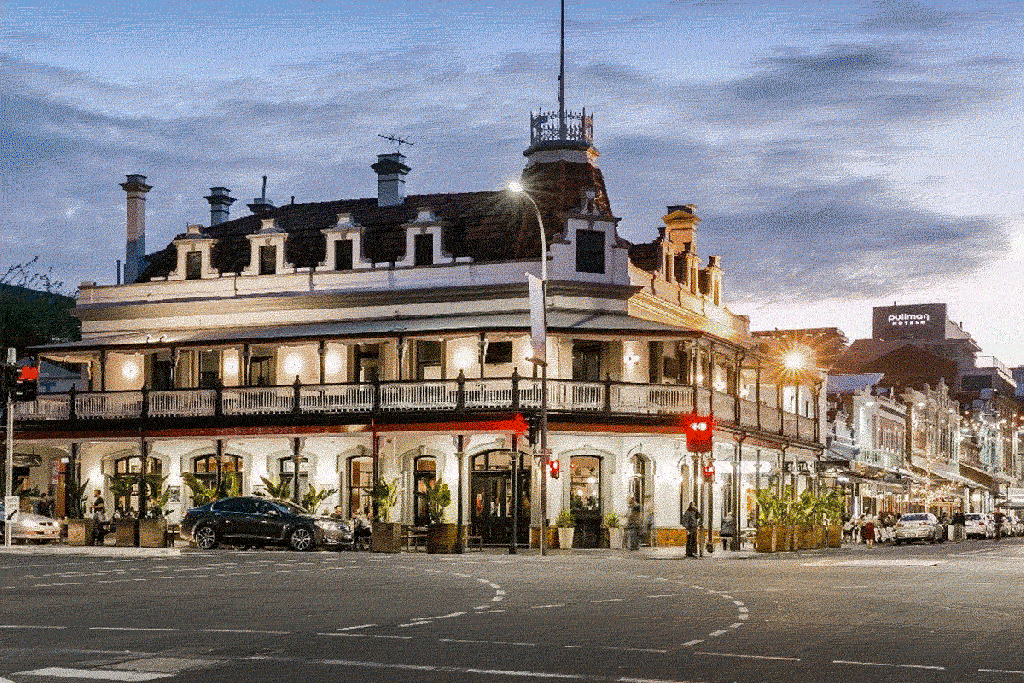Despite distancing himself during campaign, Donald Trump lets Project 2025 into inner sanctum
Donald Trump’s second presidency will have few political barriers to stop it from implementing a sweeping agenda, as he calls on authors of the controversial Project 2025 to upend the US government’s institutions and departments.
Fears over such upheaval materialised on Tuesday as it emerged that Trump’s pick to lead the Federal Communications Commission (FCC), Brendan Carr, wrote the chapter on the FCC in Project 2025.
Project 2025 is a “wish list” of policies written by the Heritage Foundation, a conservative think tank founded in 1973 that played a leading role in developing the policies implemented by Ronald Reagan during the 1980s.
The extreme policies proposed in Project 2025, a blueprint for Trump’s second term in government, were highlighted during the election campaign and caused widespread concern.
It proposes, among other policies, gutting abortion services, mass deportations, expanding warrantless surveillance, “banning biological males from competition in women’s sports” and clamping down on protests within its 900 pages of ideas.
Dr Emma Shortis, director of the Australia Institute’s International & Security Affairs program, said Trump’s attempts to distance himself from Project 2025 were always unconvincing because of the deep connections between his campaign and the Heritage Foundation.
You might like
“The first Trump administration was blocked in a lot of its aims by a kind recalcitrant civil service and this is a way of stopping that from happening again,” she said.
“Project 2025 is also an attempt, maybe not to control Trump, but harness his political power for the broader aims of the far-right movement in the United States.”
A CNN investigation during the election campaign discovered 140 people within Trump’s orbit had a connection to The Heritage Foundation and Project 2025.
Loyalty
Trump’s cabinet picks have been questionable, but the Heritage Foundation’s president, Kevin Roberts, has said that he is “ecstatic” about who the Republican president-elect has chosen.

Trump’s selection of Matt Gaetz as Attorney-General and RFK to lead the Department of Health have raised serious concerns. Photo: AAP
David Smith, an associate professor at the US Studies Centre, said Trump’s cabinet picks have been all about loyalty, rather than credentials or experience.
“His theory last time was that he was thwarted by uncooperative members of the cabinet and uncooperative civil servants below them,” he said.
Stay informed, daily
“This time, he wants people completely on board with his agenda and will do whatever he wants. Their actual experience in government doesn’t matter.”
He said it would be no surprise when ideas and concepts contained within Project 2025 start appearing as official Trump administration policies.
“Most of those ideas weren’t very original, but were things that the Heritage Foundation wanted to take credit for,” Smith said.
“The Heritage Foundation always claims that the Republican administration adopts a lot of their ideas. This is what the 2025 document was for, but a lot of those ideas are pretty standard in the conservative world.”
Institutions
Smith said the biggest barrier to implementing Trump’s policy will likely be the courts.
“When you put inexperienced and probably incompetent people in significant positions of power, the quality of those departments and services that they provide are really going to deteriorate and further weaken citizens’ trust in government,” he said.
“Trump is going to ask them to do things that are not legal or not within the bounds of the law and he may find himself frustrated with all these loyalists.”
However, one area where Carr’s blueprint for the FCC breaks with Trump is the ban of TikTok.
“As law enforcement officials have made clear, TikTok poses a serious and unacceptable risk to America’s national security,” he said.
“A new administration should ban the application on national security grounds.”
Although Trump originally supported banning TikTok, he has since baulked at the idea.
Shortis said the second Trump administration will not and should not be treated as a normal American government.
“Getting caught up in talking about whether these candidates will pass through the nomination process understates just how willing Trump is to smash those institutions and bypass them completely,” she said.
“The victory was more comprehensive this time. He’s got the presidency, Congress and the Supreme Court, so those political impediments that were there first around just aren’t here any more.”








